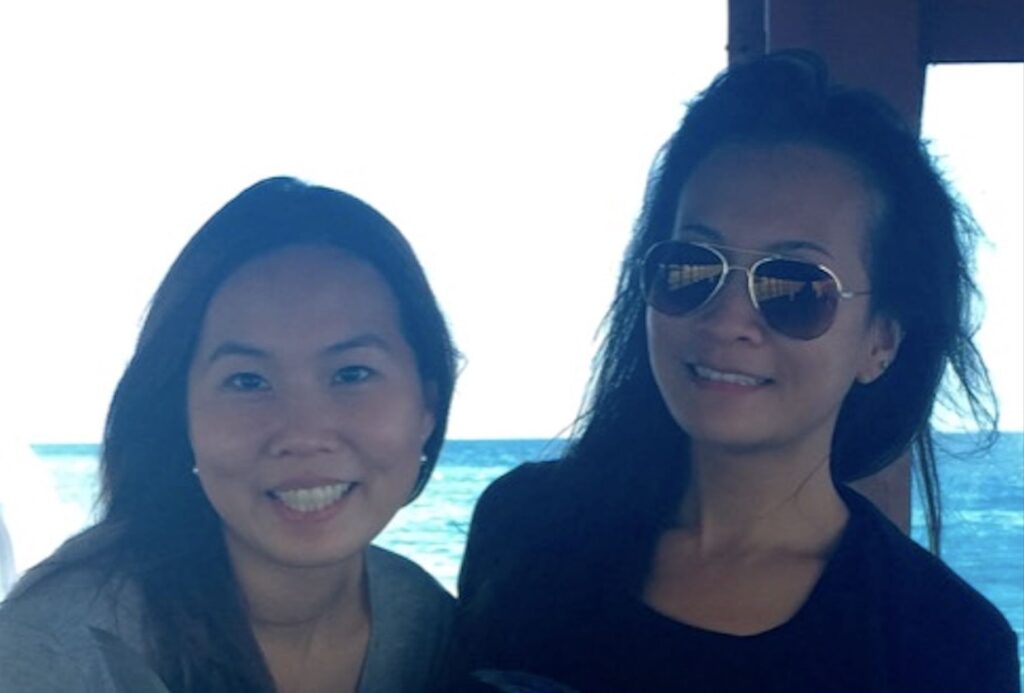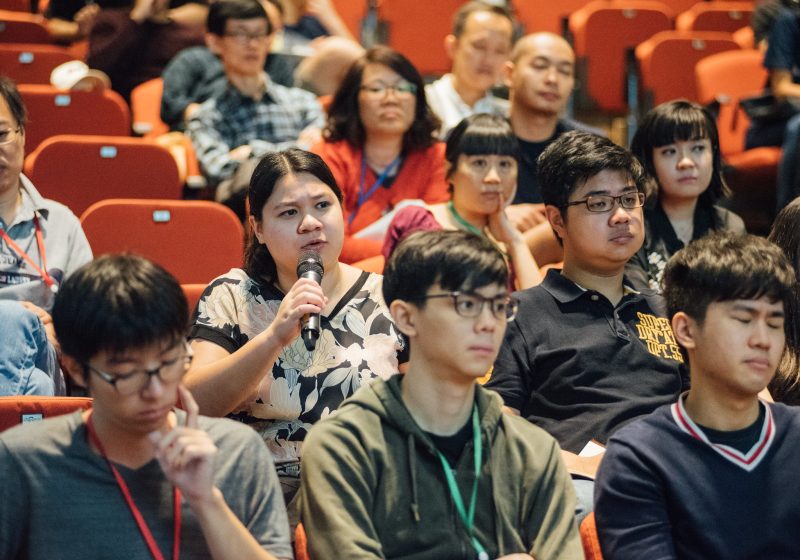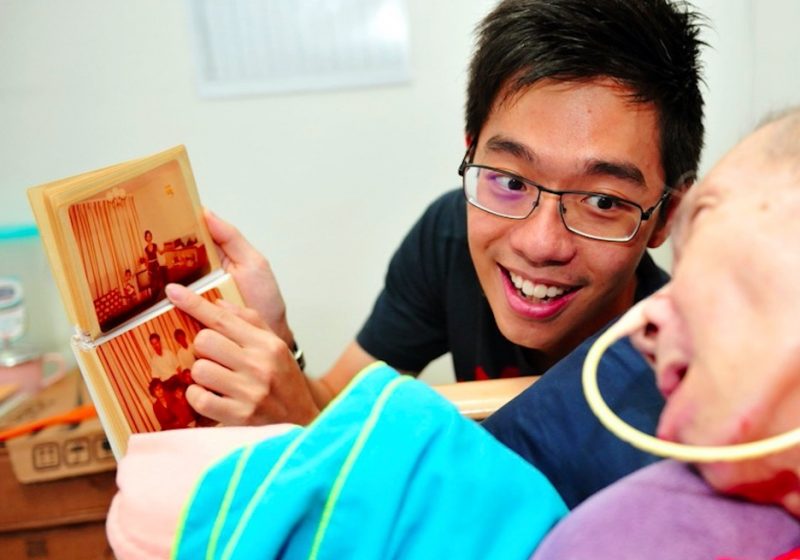A conversation with Estee Teo as she steps into this journey with her dad.
Estee’s dad was diagnosed with Younger-onset Alzheimer’s last year at age 64. She shares with us the initial signs that she took notice of when she and her family decided that it was time to get a diagnosis done, her struggles and fears stepping into this journey with her dad, and how she plans to cope with it all.

Could you share with us the signs you first took notice of before you started suspecting that there was a problem?
The signs were going on for a while – from forgetting where he parked his car on a daily basis to asking similar questions over and over in a short span of time and misplacing his cellphone, keys and wallet. He would even forget the places he went to a few hours just after he had visited or not be able to recall recent memories like our latest family trips.
What was the tipping point and how did you decide that it was time to seek a diagnosis?
I think it was only until it got pretty severe that we realised (my mum, my sister and I) that a proper check had to be done. Dad had spent between 3-5 hours a day looking for his car consecutively over a few weeks and was often uncontactable during that time as he was ashamed at the fact that he could not recall details, too prideful to let the family know. That was our tipping point as a family.
It was hard to take the step of diagnosis but we made sense of all the signs that were happening and was clear it was memory-related. I guess the signs helped to prepare us when we got his diagnosis.
How did you and your family feel when he was first diagnosed? Could you share how you and your family coped and came to acceptance of your dad’s diagnosis?
The diagnosis was a tough place for us to be in, but we knew accepting it immediately would allow us to take the steps required to help my dad cope with his diagnosis, understanding, reading up and getting opinions from others on the progression and prognosis of the ailment. I guess the hardest part of his diagnosis was helping him come to acceptance with his condition, to not be in denial of it.
What was/is for you, personally, the greatest struggle – from the point of your dad’s diagnosis up to now?
Getting him to understand his condition and accept that things cannot be done in a similar fashion has been a struggle for me and my family. I feel that in order to help himself and us, firstly he has to come to terms with it so he can adapt and cope with the illness. This would create a less stressful environment for himself and also the family.
I think it is also on our part to understand that this illness is not his choice and to be patient with him when he gets repetitive and forgetful. To understand and see things from his point of view with love.
How do you manage your work and family commitment?
My mom pretty much is the main caregiver now, so I have not made major changes to my lifestyle other than joining some checkups and trying to make it a point to spend more time with him on the weekends.
Did/do you have the right network/source to get the information or the support you require?
Thankfully, I have a friend who is a Neuroscientist and specializes in dementia/AD so it was very helpful getting advice from her in terms of information. But when it comes down to a support network, I actually realise that they are few I know in Singapore who are actively taking care of someone suffering from the disease, so in terms of a network of people who can share woes, I have none.
Could you maybe share with us some of your fears moving forward as you step further into this journey with your dad?
“I fear waking up one day and having my dad not remember who I am, the memories we share and the very fact that I am his daughter. Or that he would eventually just be a shell of his former self, losing his personality. How are we going to work through situations when he starts being difficult to handle as the disease progresses? Or when he loses his temper at us because of his confusion? What if he goes missing one day and gets hurt when he is on the streets by himself? Will my dad ever get to know his grandkids? Am I doing enough for him?”
I have to say though, that although I can imagine how tough the road ahead is going to be, I believe that fear is not something that we should actively hold on to, and I refuse to partner with it, despite my natural mind gravitating towards it. I am a Christian and I believe that God has a plan for my dad and his future is safe in God’s arms. So whatever I fear, my choice is to surrender it to God and do the best I humanly can to make sure his life is happy and fulfilled with the people he loves.






























